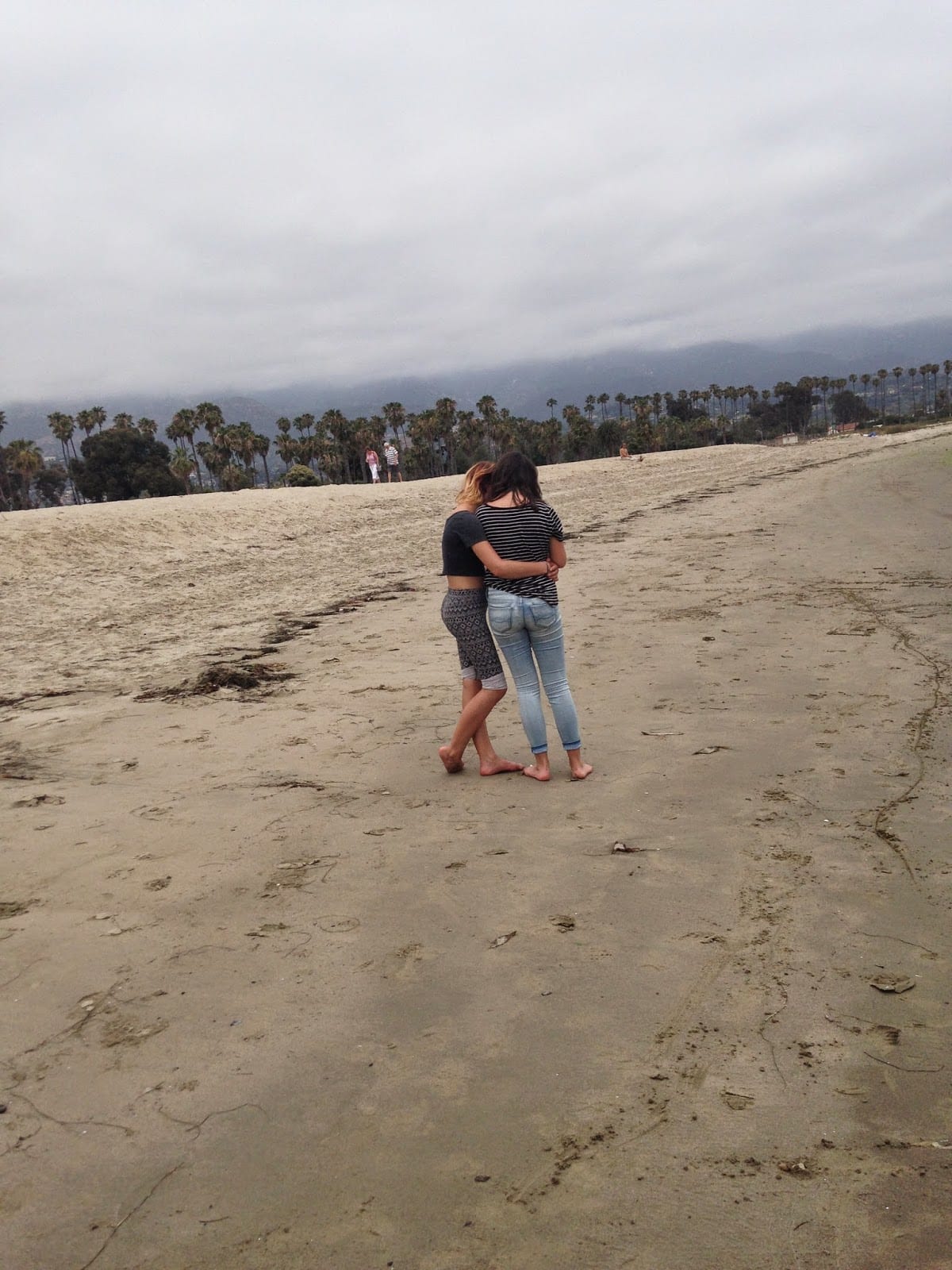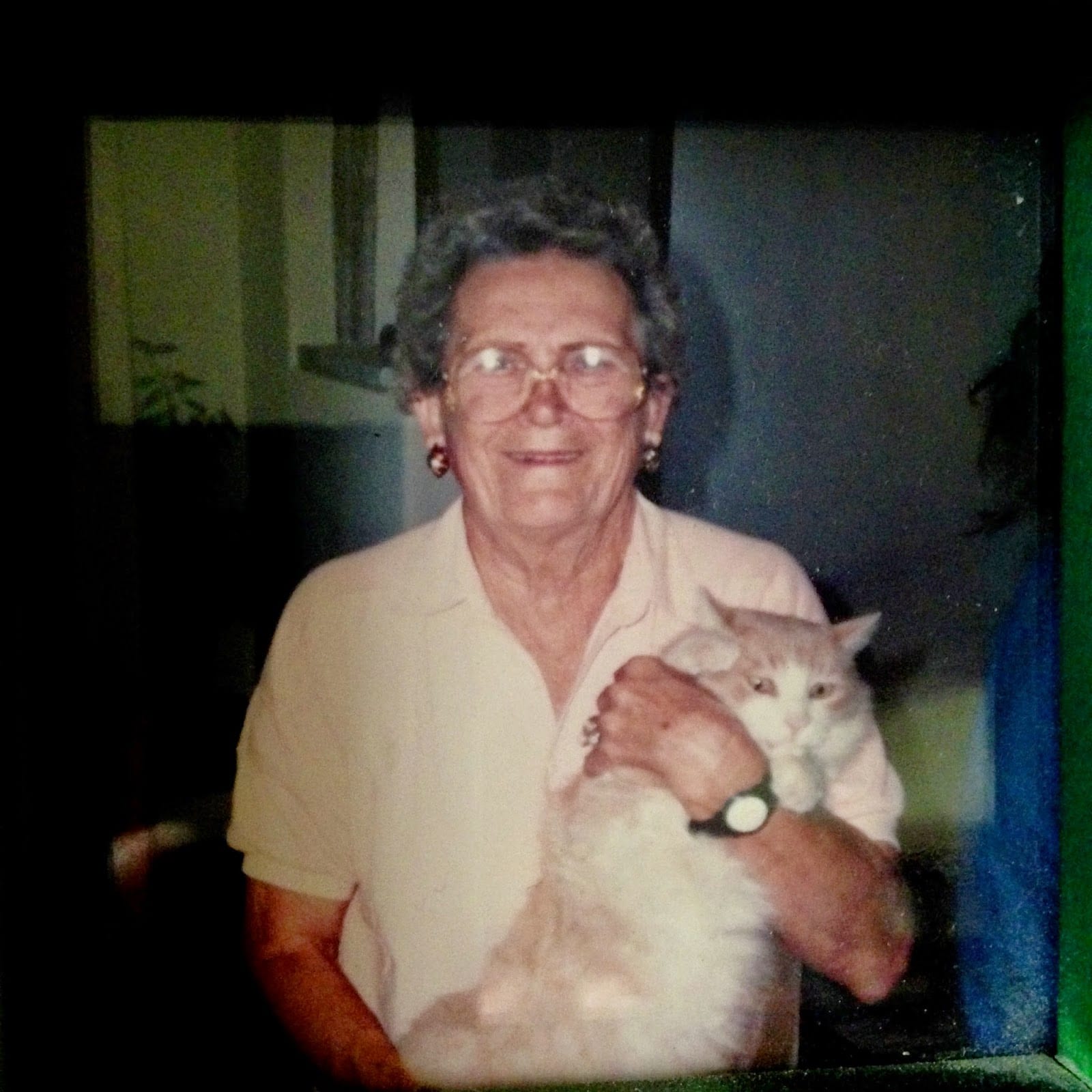Sexual assault weighs heavily on my mind of late. Between the former Subway pitchman admitting to child pornography and rape of children, and the New York Times story of ISIS using rape as a strategic tactic, and the trial of a prep school graduate who is alleged to have raped a fellow student as part of a graduation ritual, the news seems saturated with it. I am reading Jon Krakauer’s book on campus rape, “Missoula: Rape and the Justice System in a College Town” at a snail’s pace because the stories give me a stomach ache, both with regard to what the students went through as they were sexually assaulted and the treatment they faced from police officers and prosecutors and school officials, not to mention the perpetrators. As the mother of two daughters, it is increasingly difficult to not see threats around every corner. As a sexual assault survivor, I know all to well the power of such violations and the trails they weave throughout a life.
This morning, I was particularly struck by the article on Jezebel (referenced above) pertaining to the testimony of the alleged victim in the prep school trial. She was quoted as saying,
“I didn’t want to come across as too offensive or rude….I didn’t want to cause conflict,”
in response to a crude email invitation he sent to her to join him. In other testimony, she said,
“I tried to be as polite as possible.”“I wanted to not cause a conflict”“I feel like I had objected as much as I felt I could at the time. And other than that I felt so powerless”
And while many people have (and will continue to) comment that this girl was stupid, that by making those choices, she clearly wasn’t really objecting to sexual contact with this man (he was over eighteen at the time and she was either 14 or 15), her words resonate with so many women and girls.
To this day, I still wrestle with telling my massage therapist or the dentist that I’m uncomfortable, to go easier, because I don’t want to be rude or tell them how to do their job. Saying it out loud sounds ludicrous, but I was brought up as a compliant Catholic girl who was to always assume that my elders knew what they were doing. I was not to question them or challenge them, but to defer to them and make them feel good. Not only was that the “Right” thing to do, but I quickly learned that it was the best way to get them to like me. It made me the perfect victim of childhood sexual abuse by an older boy. I never said a word. I’m certain that as I lie in his dank, sweat-scented, 17-year-old boy bedroom and he assaulted me multiple times over a period of months, I never cried out, fought back, said no. I know that it was decades before I ever told anyone, and every time I considered it, I saw his mother’s face in my mind and wondered what it would do to her. I saw my own mother’s face in my mind and wondered what impact it might have on her if I told – would she be seen as a horrible mother? Would she think of herself that way? It never occurred to me to ask whether or not anyone would believe me because I wasn’t going to tell – it would disrupt too many lives. I wasn’t weighing my own life in this equation at all. I had absorbed the messages served up to me by the church and our culture too well. It was more important to be liked than it was to stand up for myself. It was more important to preserve the feelings of someone else (especially if they were older than me or male) than it was to express my own feelings.
Forgive us. And let us learn from this.
Let us teach our children that they can always apologize for being rude, but they can’t ever take back those moments where they didn’t stand up for themselves.
Let us teach our children that they matter as much as everyone else around them, that their opinions and thoughts are just as valid.
Let us teach our children to listen to their gut, to develop that spidey-sense that defies logic and is always right.
Let us teach them that they have a right to draw boundaries, whether anyone else likes it or not.
I have done my level best to help my daughters understand these things. They have been accused of being insolent or rude by some family members for “talking back,” but I’ll take that over being walked on any day. If they ruffle some feathers by being outspoken and opinionated, by refusing to do something they don’t want to do even if it will make someone else happy, I’m okay with that. And I sincerely hope that, with enough practice, if either of them ever finds themselves in a dark room with someone who is determined to overstep their boundaries, these lessons will come back to them and they will say to themselves, “F*ck rude – I said NO!” It is not a silver bullet, but it is something.
I am officially done with the culture that encourages girls to sublimate their own wishes in order to make anyone else feel good.
I am officially done with the culture that encourages boys to find conquests and ignore the wishes of others so that they can make themselves feel good.
It begins here, with a pledge to do better. To teach our girls and boys that they are, first and foremost, human beings deserving of respect, especially by themselves.
Related writings: Campus Rape
10 Things I Want My Daughters to Know About Sex
Rape in the Military








